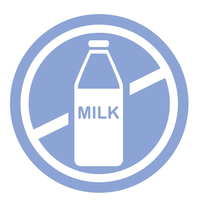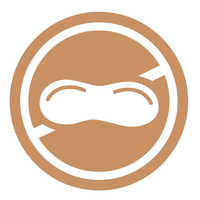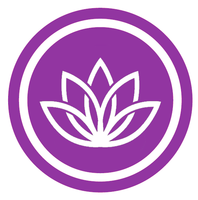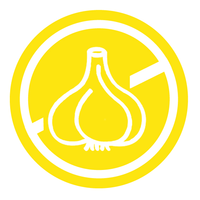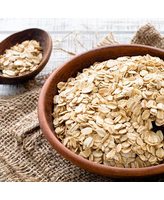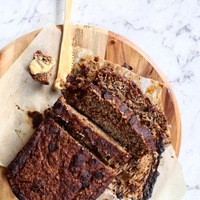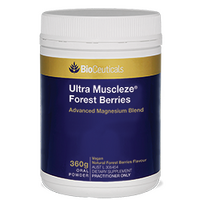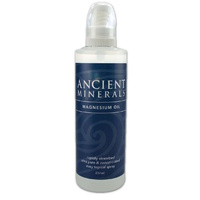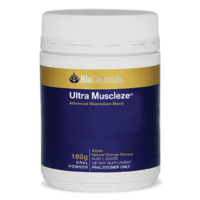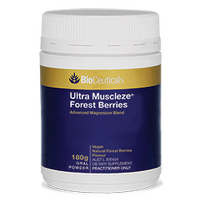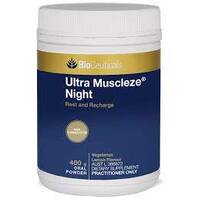Natural Alternatives to Melatonin For Sleep Support
Author: Kirsten Date Posted:18 August 2021
Sleep plays a vital role in our lives and helps maintain good health and brain function. However, not enough Aussies are getting enough sleep, with 1 in 3 adults struggling to get good quality sleep at night. Difficulty sleeping can be due to a number of factors, with the most common being:
- Stress
- Mental health conditions (e.g. depression, anxiety, insomnia)
- Health conditions (e.g. sleep apnoea, cardiovascular disease, restless legs syndrome, diabetes, respiratory and musculoskeletal conditions, amongst others)
- Increased screen time and exposure to technology before bed
- Consumption of high sugar & caffeinated foods at night
Poor sleep can lead to a number of health issues, and is associated with: altered metabolism, lowered immune system function, impaired cognitive function, mood changes, heart disease and reduced alertness and awareness.
There are a range of products on the market that promote restful sleep and help reduce high levels of anxiety and stress resulting in disturbed sleep. One product that has gained a lot of attention is melatonin.
What is melatonin?
Melatonin is a chemical naturally produced in the brain that is responsible for inducing sleepiness and deep, restful sleep. Melatonin supplements work by increasing the brains natural levels of the sleep chemical. While this is a popular option, it’s often most successful in those who are already deficient in melatonin and may not be beneficial if poor sleep is due to other factors such as anxiety or stress.
Here are my top 4 alternatives to melatonin to improve overall sleep:
- Magnesium: Magnesium is required for over 300 functions in the body and low levels are often associated with nervous tension, insomnia, muscle aches and pains, and fatigue. Magnesium can assist with sleep by relaxing the nervous system and regulating melatonin production. Look for magnesium in the form of magnesium glycinate - this has been shown to be the most beneficial in improving sleep.
- Glycine: Glycine is an amino acid made in the brain. The body uses glycine to make proteins, which are then used to produce hormones and enzymes needed for a number of body functions. Because glycine is involved in the production of neurotransmitters, especially serotonin, it has been studied for its positive effects on sleep. Glycine supplementation before bed has been shown to enhance sleep onset, quality and cognition during the day.
- Passionflower: Passionflower is an herb with traditional use as a nervous system tonic and anxiolytic (anti-anxiety). It has been shown to improve sleep by relaxing the body and mind, and reducing heightened stress and anxiety levels causing disturbed sleep. It can be taken as a tea, capsules, or in combination with other herbs and nutrients such as Fusion Sleep tablets.
- Valerian Root: Valerian root is a popular alternative to not only melatonin, but prescription sleeping tablets as it’s shown to have the same effects on sleep onset, quality, and duration without feeling groggy the next morning. It acts as a mild sedative, anti-anxiety, and increases GABA production- inducing relaxation and sleep.
This blog was written by our lovely naturopath Kristen. You can find out more about her here.
There are many products availble to support sleep, and it is best to have a consultation with one of our qualified practitioners to find the best support specific to your needs.



